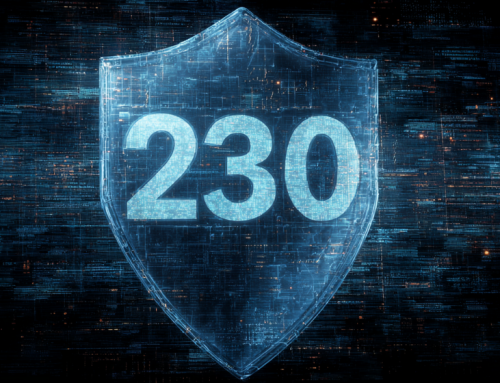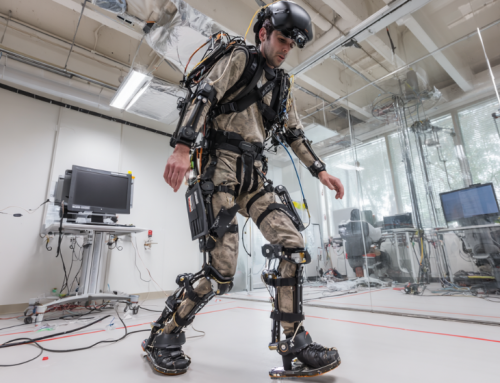
Google and OpenAI have been fiercely competing for AI dominance, especially since the launch of OpenAI’s ChatGPT, which some investors fear could replace Google search, prompting Google to take steps to regain its lead, including merging its top research labs into the Google DeepMind unit. (Source: Image by RR)
Google Unveils Advanced AI Reasoning Models, Challenging OpenAI’s O1 Capabilities
Google is developing AI software with reasoning abilities similar to OpenAI’s o1, marking a new phase in the rivalry between the tech giant and the fast-growing startup. Several Google teams have been working on AI reasoning models, leveraging chain-of-thought prompting, a technique where the AI pauses briefly to consider multiple prompts before generating the best response. This approach, originally pioneered by Google, aims to solve complex, multi-step problems in fields like mathematics and computer programming.
While Google has been more conservative in releasing AI products compared to OpenAI, the company remains a dominant force in AI. Its focus on ethical considerations and maintaining public trust has slowed its pace, but it continues to innovate through its merged Google DeepMind unit. As noted in bloomberg.com, some within DeepMind initially feared that Google had fallen behind after OpenAI released its o1 model, but with Google debuting its own AI advancements, these concerns have lessened.
In recent months, Google has showcased progress in AI reasoning, including programs like AlphaProof and AlphaGeometry 2, which excelled in solving advanced mathematical problems. These tools demonstrated significant capabilities in the International Mathematical Olympiad, reaffirming Google’s strength in AI-driven problem-solving. At its May developer conference, Google also teased an AI assistant named Astra, designed to interact with its environment and answer practical questions, hinting at future integrations with its Gemini model.
Despite the competitive landscape, AI expert Oren Etzioni emphasized that Google’s technical capabilities remain top-tier, and while the company may have taken a more cautious approach to product rollouts, the race for AI dominance is far from over. Advanced mathematical reasoning, as Google DeepMind CEO Demis Hassabis noted, remains crucial for the next generation of AI technologies.
read more at bloomberg.com







Leave A Comment